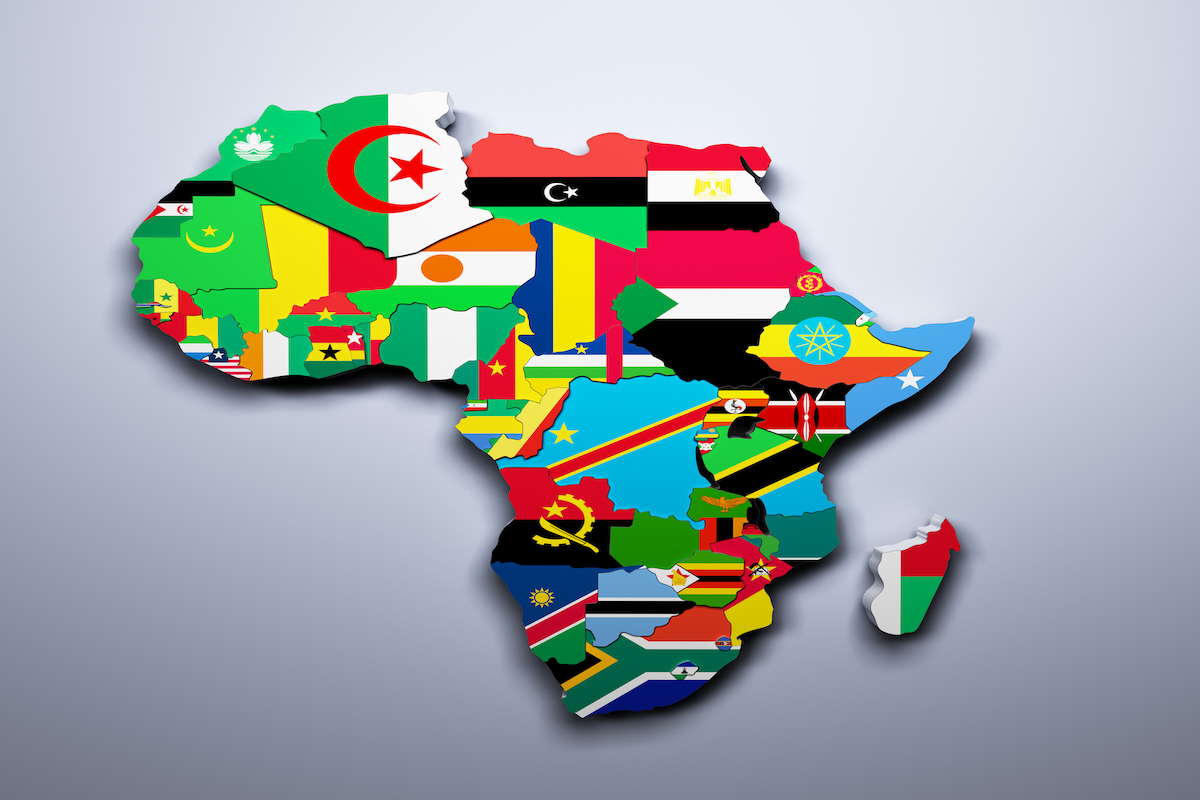Botswana’s shift
Botswana’s election, which saw the ruling party ousted after nearly sixty years in power, signals a major shift in the political landscape of southern Africa.
Digital Africa
In a world in which digitalisation and the skills associated with it are becoming increasingly important in the structural transformation of economies, there is limited research aimed at measuring and understanding the nature and extent of digitalisation and digital skills gaps in developing countries.

AFRICA Representation image (Photo: iStock)
In a world in which digitalisation and the skills associated with it are becoming increasingly important in the structural transformation of economies, there is limited research aimed at measuring and understanding the nature and extent of digitalisation and digital skills gaps in developing countries. The neglect of Africa, with an expanding “youth bulge” and home to many developing and poor nations, is a prime example of the focus of studies and primary research in the field being on advanced economies, especially investigating the potential effects of digital adoption on labour market disruptions. In a new paper, Haroon Bhorat and Landry Signe correctly assert that theoretical and empirical work is much more limited for developing and emerging economies despite having distinct labour market characteristics, as well as being major contributors to the future workforce demographically.
Indeed, developing and emerging economies, overall, have higher rates of self-employment and informal employment compared to advanced economies which presents a unique labour market to be impacted by digitalisation. The African continent in particular should be a key region of study when it comes to labour market disruptions or future of work discussions more broadly, iterate the authors. As the world’s youngest continent, Africa will make up one-fifth of the total workforce and one-third of the total youth workforce in the world by 2030, adding 10 to 12 million young people to the workforce each year. With mobile phone subscriptions, internet availability, and innovations in mobile banking increasing in the region, digitalisation is expected to play a key role in how labour markets and ultimately economies will function.
Bhorat and Signe lay out three core components to correct this omission in studies of the impact of digitalisation on Africa. First, through the proposition that digitalisation can be measured in five dimensions ranging from digital finance to digital infrastructure, they provide empirical evidence on the changing dynamics since 2007 in Africa relative to a sample of developed and emerging markets. Secondly, they apply a measure of multi-dimensional poverty widely used in poverty analysis to the notion of digitalisation in an economy and region, with the ultimate aim of constructing a Digitalisation Gap Index. Lastly, to develop a unit record-based measure of digital skills combining country-level labour force survey data with a task-based coding system drawn from the US Department of Labour, they focus on three vital issues.
Advertisement
These are: What is the level of digitisation in Africa; to what extent is the level of digitisation in Africa ahead/behind that of other regions and; how can the digital skills’ demand, supply, and gap be measured. The importance of the authors’ work cannot be emphasised enough. In fact, it could serve as a template for other developing countries to emulate as they attempt to pole-vault the traditional, linear growth paths by adopting emerging and advanced digital technologies.
Advertisement